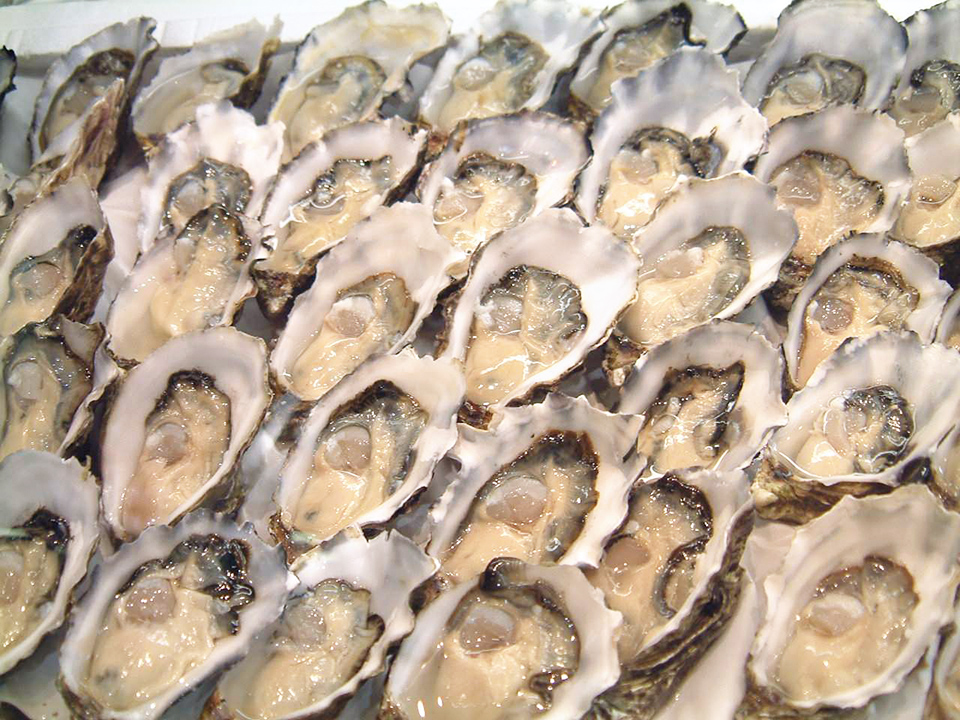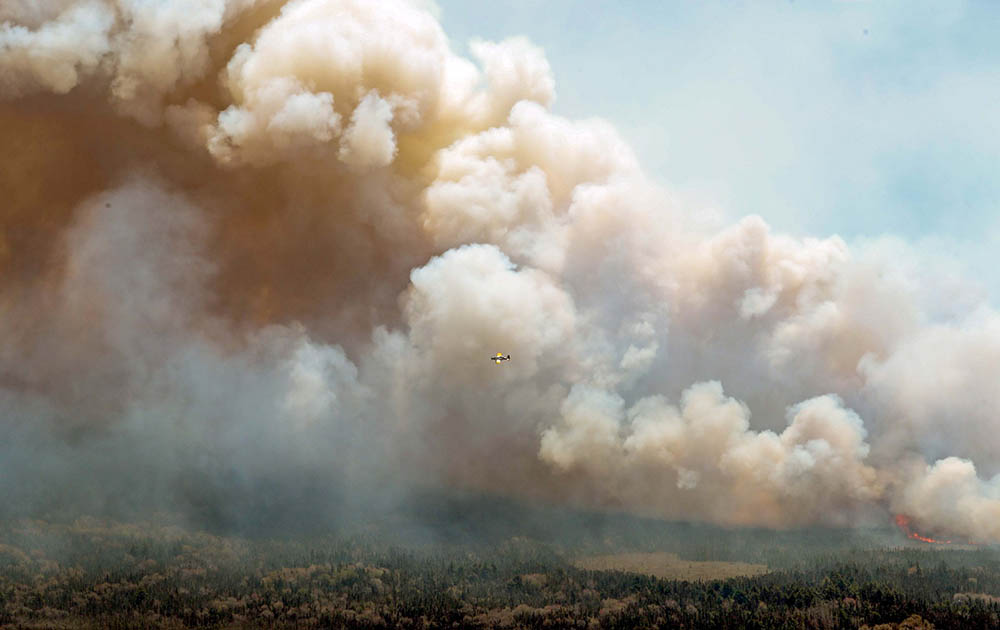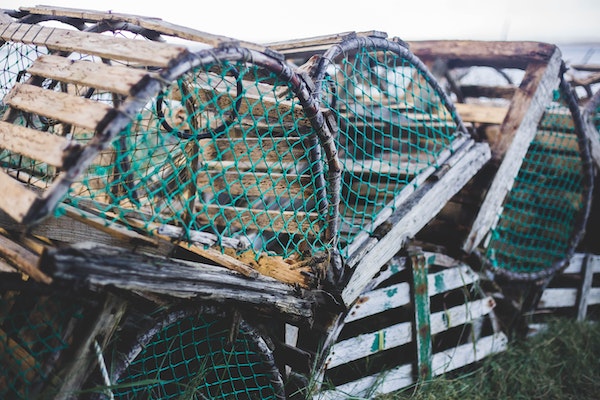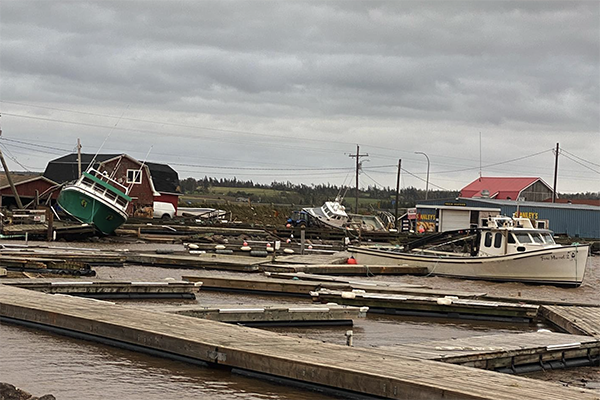PEI’s new Seafood Sector Climate Change Adaptation Strategy focuses on targeted actions

A new strategy is set to help Prince Edward Island’s seafood industry adapt to the growing challenges posed by climate change.
The provincial government, in collaboration with industry leaders and the ICF consulting group, has developed the PEI Seafood Sector Climate Change Adaptation Strategy. This initiative follows a comprehensive Seafood Sector Climate Risk and Opportunity Assessment, which identified potential climate-related impacts on PEI’s aquaculture, commercial fishing and processing sectors, paving the way for targeted solutions to ensure the industry’s resilience.
“This initiative is crucial for ensuring the long-term sustainability and resilience of our Island aquaculture industry in the face of changing climate conditions,” said Peter Warris, executive director of PEI Aquaculture Alliance. “By proactively addressing potential risks and implementing adaptive strategies, we can help safeguard the future of the aquaculture industry and the livelihoods of those who depend on it.”
The adaptation strategy outlines key actions to strengthen the seafood industry’s resilience, including climate readiness training, a climate impact monitoring program and a seafood industry resilience program. It also calls for collaboration with researchers on innovative solutions and species-specific adaptation plans, continued support for Broodstock programs and promoting diversification. The strategy further suggests assessing managed retreat options and optimizing shellfish operations to adapt to climate challenges.
“As one of our most valuable sectors, it is very important to adapt to climate change in a way that will ensure the seafood industry will have a bright future,” said Hon. Zack Bell, Minister of Fisheries, Tourism, Sport and Culture. “Continued investments in climate change adaptation will help reduce risks and continue the conservation and economic viability of our ocean resources for generations to come. This strategy will be a key component in making that happen.”
Prince Edward Island’s commercial fishery and aquaculture industry has an economic value of approximately $850 million and employs 8,000 people each year. The adaptation strategy will boost the seafood industry’s ability to thrive under climate change.
In the upcoming months, the provincial government will engage with federal partners, industry associations, academic institutions, the Indigenous community of PEI and other non-governmental organizations to explore and further develop options.
“As frontline stewards of our marine resources, we recognize the urgent need to address the challenges posed by climate change,” said Robert Jenkins, president of the Prince Edward Island Fishermen’s Association. “This strategy is a vital step towards ensuring the sustainability of our fisheries, protecting our marine environment and securing the future of our fishing communities. By working together on these critical issues, and with governments financially supporting these initiatives, we can build resilience against climate impacts and continue to provide high-quality seafood for generations to come.”
Now that you've reached the end of the article ...
… please consider supporting GSA’s mission to advance responsible seafood practices through education, advocacy and third-party assurances. The Advocate aims to document the evolution of responsible seafood practices and share the expansive knowledge of our vast network of contributors.
By becoming a Global Seafood Alliance member, you’re ensuring that all of the pre-competitive work we do through member benefits, resources and events can continue. Individual membership costs just $50 a year.
Not a GSA member? Join us.
Author
Tagged With
Related Posts

Intelligence
Damaging MSX parasite detected in P.E.I., threatening oyster growers
The destructive MSX parasite has been detected in oysters from Bedeque Bay, P.E.I., threatening the island's oyster industry.

Intelligence
As ‘unprecedented’ wildfires burn across Canada, Nova Scotia seafood sector feels the heat
With wildfires raging across Canada, Nova Scotia's seafood industry faces lobster fishing, aquaculture and supply chain disruptions.

Fisheries
Maritime Canada’s lobster population is strong. So why are scientists worried?
The lobster population in Canada’s Maritime region falls within the healthy zone, but scientists worry about the effects of climate change.

Intelligence
Atlantic Canada’s shellfish sector to get $53 million in Hurricane Fiona relief
The Canadian government will provide funding for two years for Atlantic Canada's shellfish sector to help with the Hurricane Fiona recovery.



